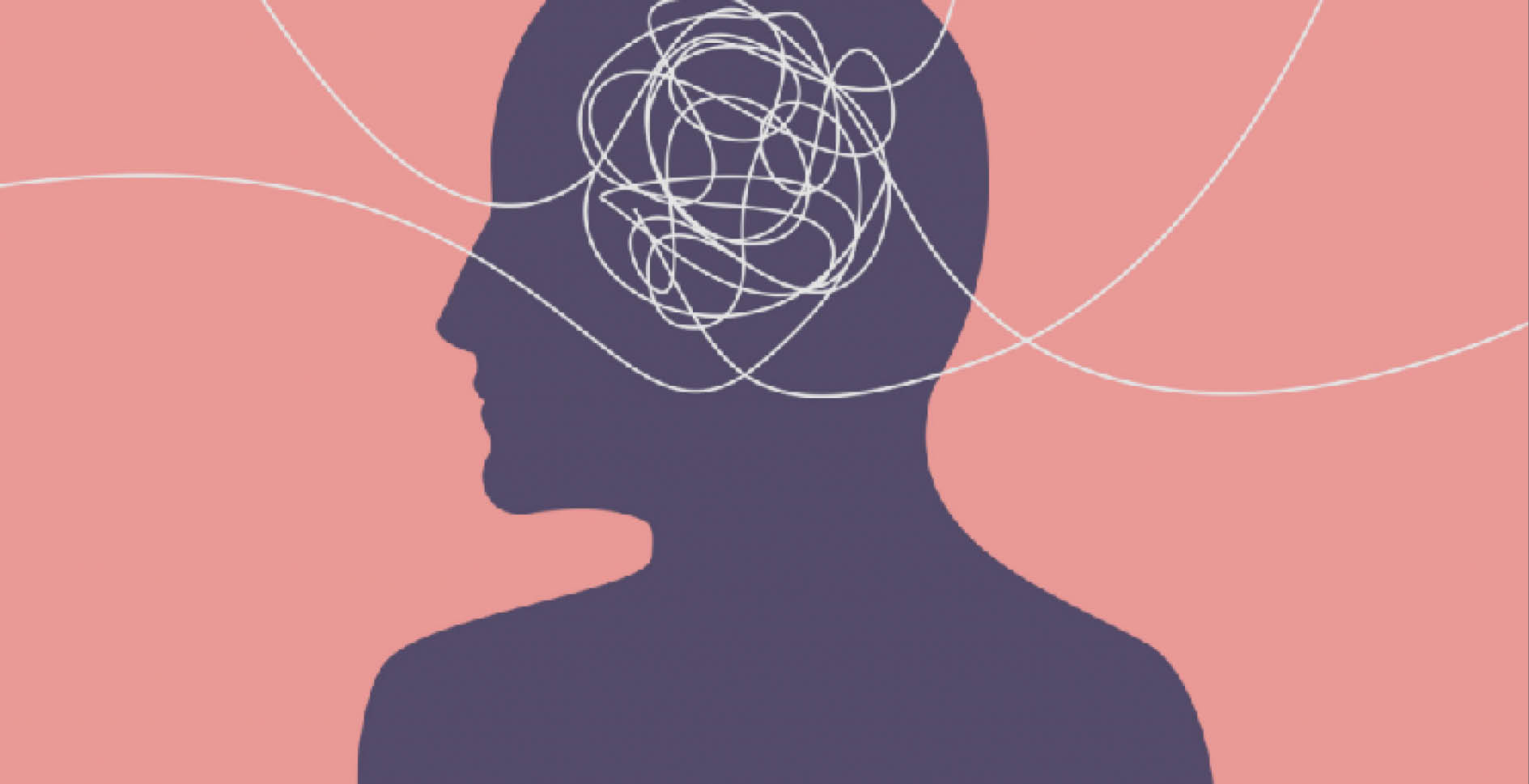Mental health experts and advocates are calling on Nigerians to prioritise mental health as an actual health concern.
Mental health is often misunderstood and stigmatised in Nigeria, hindering individuals from seeking help and receiving the support they need.
According to experts, with a pressing need to break the silence, challenge misconceptions, and embrace available resources like the “Plethora of Thoughts” game, Nigerians could adopt similar innovative tools for managing mental health.
According to Taiwo Obindo, President of the Association of Psychiatrists in Nigeria (APN), more than 60 million Nigerians are suffering from mental illnesses, creating a significant treatment gap for mental health in the country.
Obindo pointed out several factors hindering the management of mental illness in Nigeria, including myths and traditional beliefs, inadequate mental health facilities, and a shortage of mental health professionals.
“Mental healthcare is in a sorry state given that we have more than 60 million Nigerians suffering from various mental illnesses,” Obindo said.
The prevailing myths and cultural beliefs surrounding mental health have perpetuated a culture of silence and avoidance.
However, it is essential to recognise that mental health affects individuals from all walks of life and must be prioritised just like physical health.
The “Plethora of Thoughts” game is an exciting resource that empowers Nigerians to actively engage with their mental health.
It provides a safe space for self-reflection, guidance, and support.
Oyinkan Mayowa, a 25-year-old frequent user of the game explains, “Plethoraofthoughts.net allows my friends and I to explore our thoughts and emotions, gain insights, and discover effective coping strategies. It is a valuable resource for individuals to manage their mental health and break free from the confines of societal stigma.”
By embracing innovative resources like the “Plethora of Thoughts” game, Nigerians can challenge the notion that mental health issues should be avoided or dismissed.
Tola Oluwatosin, a mental health advocate, stated that: “We need to shift the narrative around mental health in Nigeria. It is time to acknowledge that mental health is a crucial aspect of overall well-being and prioritize it accordingly.”
The consequences of untreated mental health issues among young adults are far-reaching, experts said, adding that poor engagement and concentration in school, social isolation, and impaired academic performance are just some of the outcomes.

 Join Daily Trust WhatsApp Community For Quick Access To News and Happenings Around You.
Join Daily Trust WhatsApp Community For Quick Access To News and Happenings Around You.


